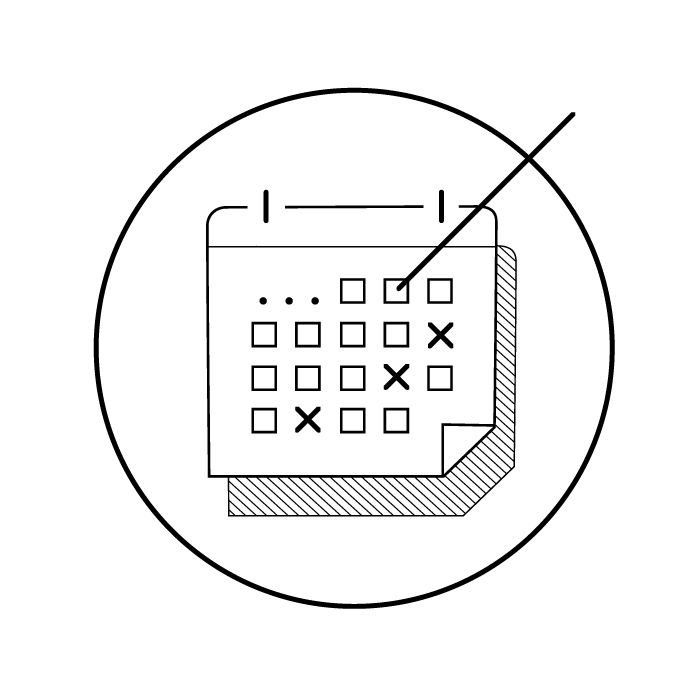 Conference
Conference
Economic Narratives in Historical Perspective
Workshop
28-29 April 2022
Conveners: Jeremy Adelman (Princeton University), Laetitia Lenel (Humboldt-Universität Berlin), and Alexander Nützenadel (Humboldt-Universität Berlin/GHIL)
Venue: GHIL
Economists have recently turned to the role of narratives as a force in economic activity. While this line of research provides an important reminder of the powerful effects of stories and their ability to shape the behavior of economic agents, it offers little insight into the causal processes behind those effects; stories, after all, are complex, cut many ways, and coexist with counterpoints and contestation. And yet, the turn to storytelling and narratives reminds us of the importance of plotlines, character, structure, and that the templates that frame our sense of time do play a role in economic life. Our workshop will shift the focus from “narrative economics” to economic narratives to tackle some of the pressing questions which have received scant attention. Instead of looking for a timeless model – itself another story – that links “contagion” narratives to economic fluctuations or the arc of rising and falling, we are interested in the historically contingent processes behind the narratives and their association with assumed outcomes. We want to explore how economic narratives have been formed and constructed in the past, how they have been transmitted and circulated, and how they inform choices and behavior. We understand narratives as attempts to organize and structure time. Our focus, therefore, is on past attempts to establish a temporal sequence of events and by this means create coherence between different observations or experiences. How have notions of rise and fall, growth and decline, progress and backwardness, development and underdevelopment, cyclicality, crises, and recovery structured economic imaginations and acted upon experiences and expectations? How have they highlighted, increased, or challenged socio-economic gaps between people and regions, and how have they been circulated and contested over time? And finally: How have economists functioned, often unawares, as narrators?